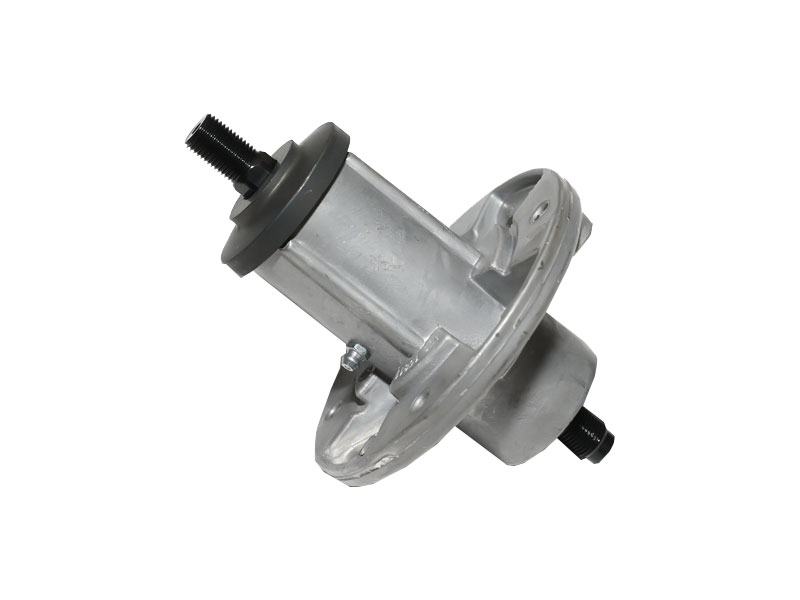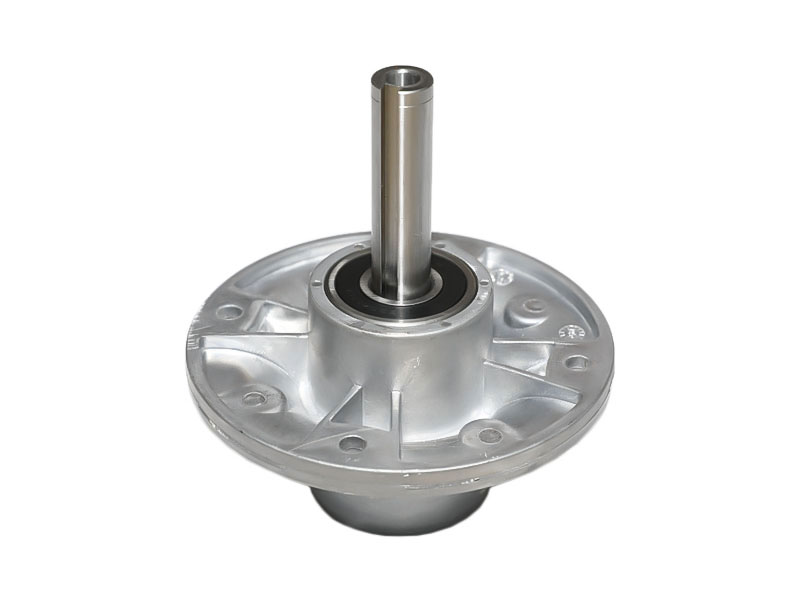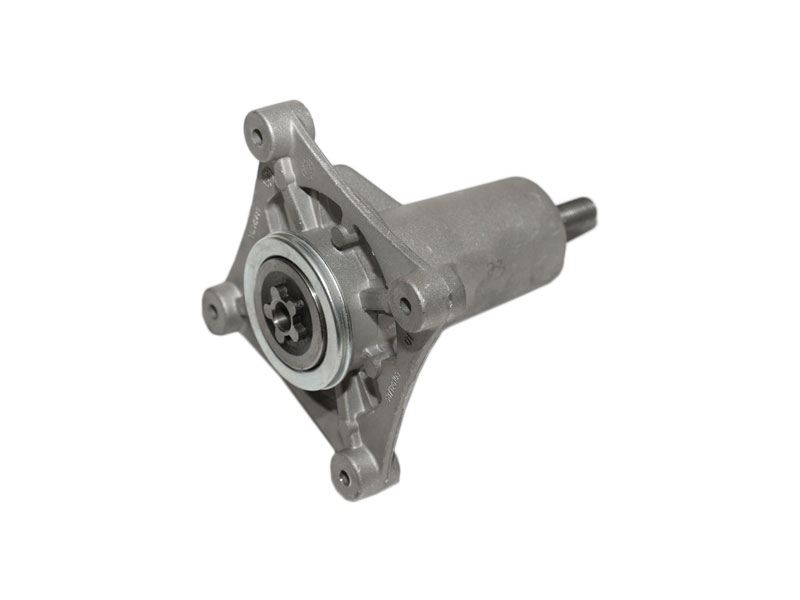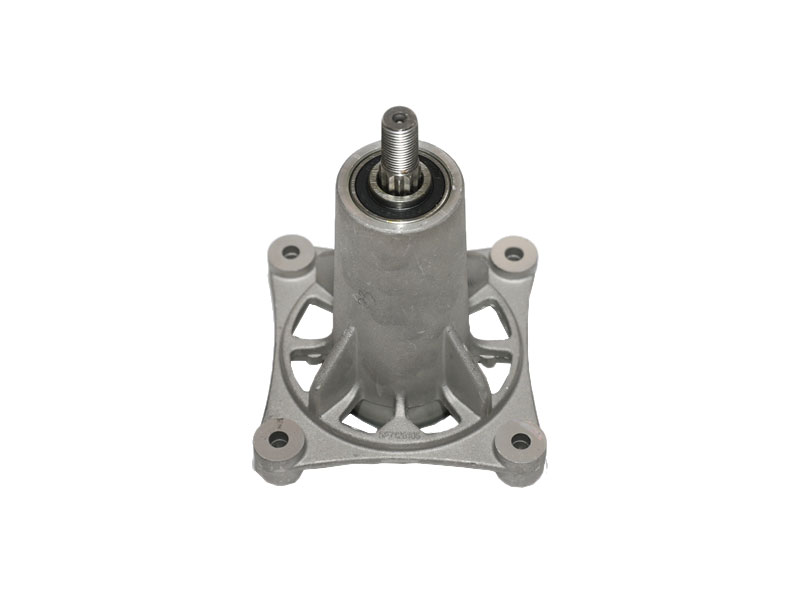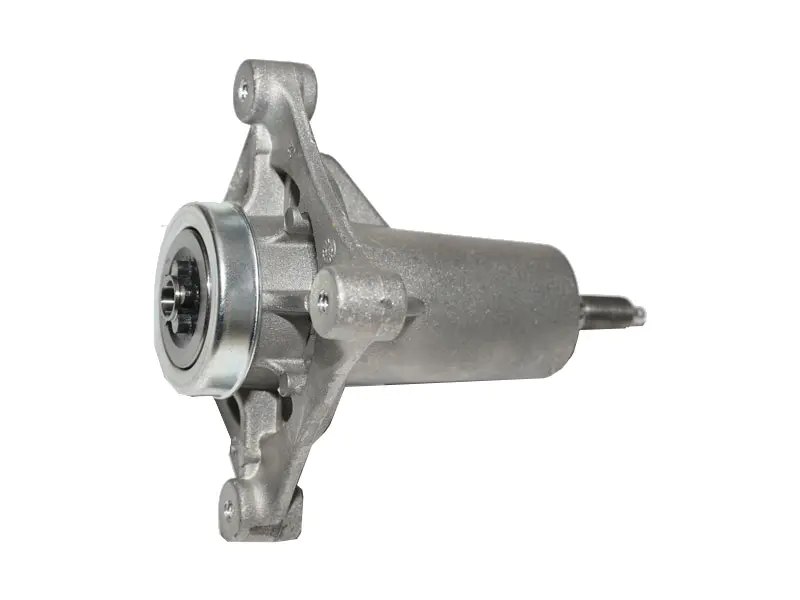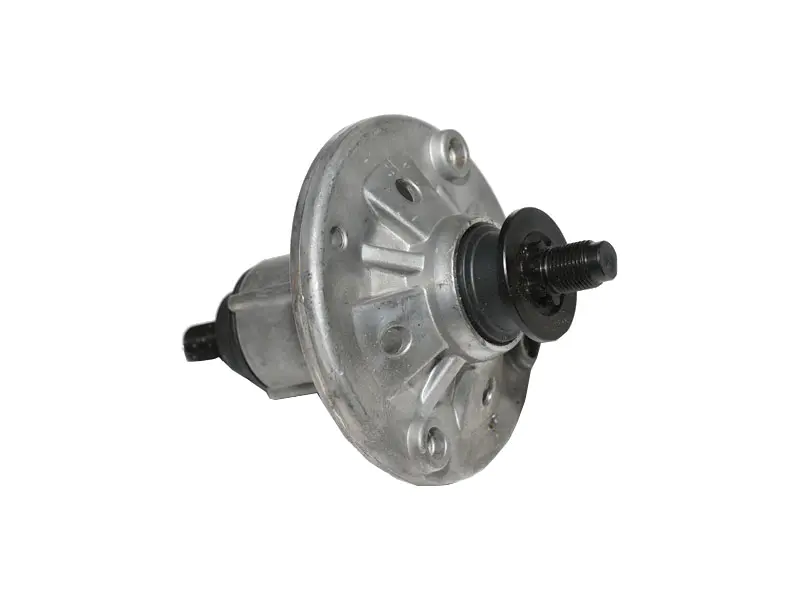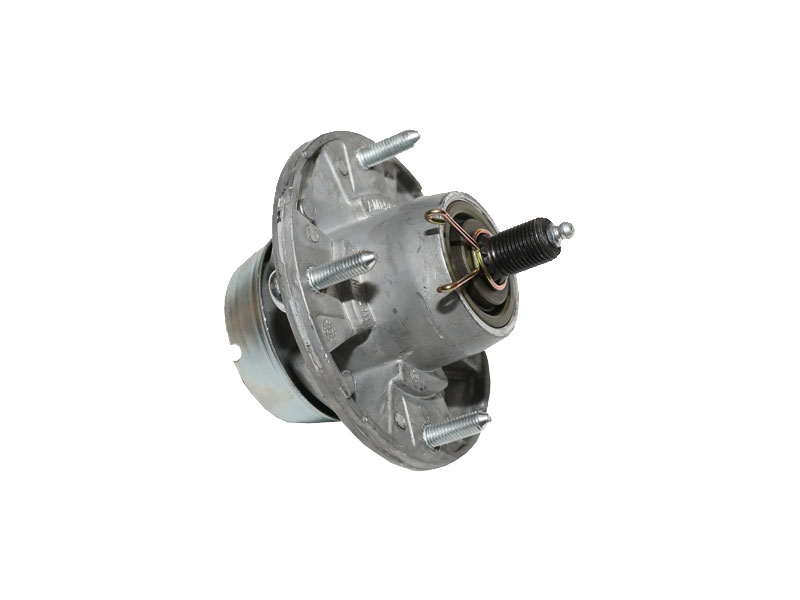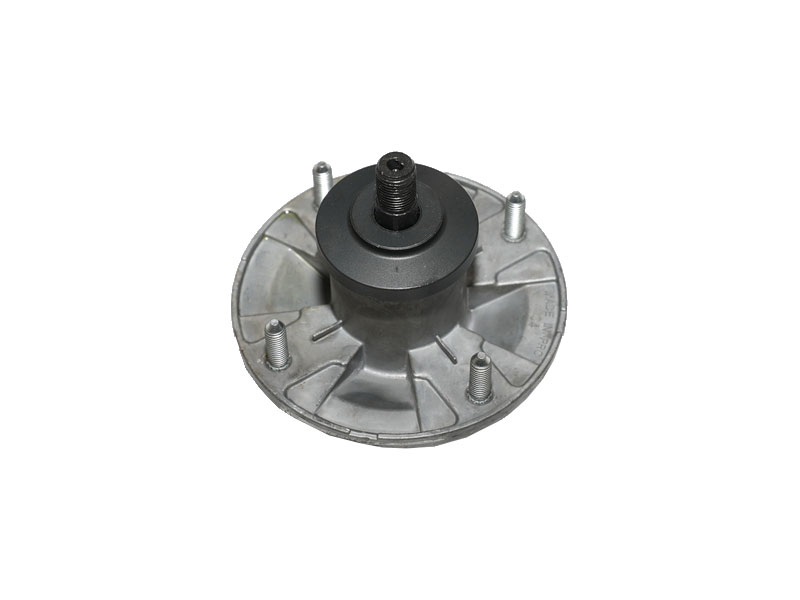
Deep groove ball bearings are similar to traditional bearings but have raceways that closely fit the dimensions of the balls that run in them. These deep grooves result in balls that are more stable and can handle higher loads than shallow-groove bearings. They still provide low friction, and the deep groove also limits vibration and noise while also providing the ability for some axial load capacity.If you’ve ever seen any type of ball bearing, chances are you were looking at a deep groove ball bearing. These bearings are some of the most common due to their versatility, availability, and low friction. They’re ideal for high rotational speeds and offer several advantages over other ball bearing types.These bearings come in a massive array of designs, sizes, and load-bearing capacities, making them ideal for home or industrial use.Also, it’s straightforward to replace traditional bearings with deep groove ball bearings, which can improve the longevity and efficiency of the machine.Manufacturers have refined the design of deep groove bearings over the years, resulting in several different types.
These types are usually better suited to a specific application where a deep groove bearing isn’t suitable.This is the typical deep groove ball bearing that has a single raceway. These are usually robust and made from durable materials, ensuring that these bearings have an extended service life.Single-row deep groove ball bearings are also subdivided into other types, ranging from 3 mm to 400 mm bore sizes, suitable for almost any application. Some manufacturers will also offer thin, narrow, wide, or miniature bearings depending on clients’ needs.Since deep groove ball bearings need to withstand extreme conditions, manufacturers also offer ceramic-coated bearings to handle electric pitting and high-temperature units that can withstand up to 660 degrees.One of the latest developments in single-row deep groove ball bearings is the sensor-bearing unit, which can measure the status of the ball bearing components.
These units are simple and easy to use and can help with speed sensing, angular position measuring, and steering, making them useful in electric motors, tractors, conveyors, and road rollersSealed deep groove ball bearings are similar to single-row bearings, except that they have steel or rubber shields installed on one or both sides of the bearing. These seals are pre-lubricated with grease to extend the lifespan of the bearing.Many manufacturers used sealed ball bearings in contaminated environments that may otherwise influence the performance of the bearing. The shields help the bearing retain grease while also preventing any contaminants from entering the bearing itself.Larger deep groove ball bearings may even use machined brass cages for high-speed applications, where the cage prevents unwanted wear and tear.Some deep groove ball bearings come with a flanged outer ring, which works similarly to a snap ring on standard ball bearings. The flange improves the bearing’s running efficiency and is also easier to machine due to the simplicity of the housing bore.Flanged deep groove ball bearings are excellent for bearing axial loads, such as in tube ends or on belt guide rollers. Some variants even have swivel housing to allow for slight misalignments and better axial loads.
 English
English 中文简体
中文简体 Español
Español svenska
svenska




